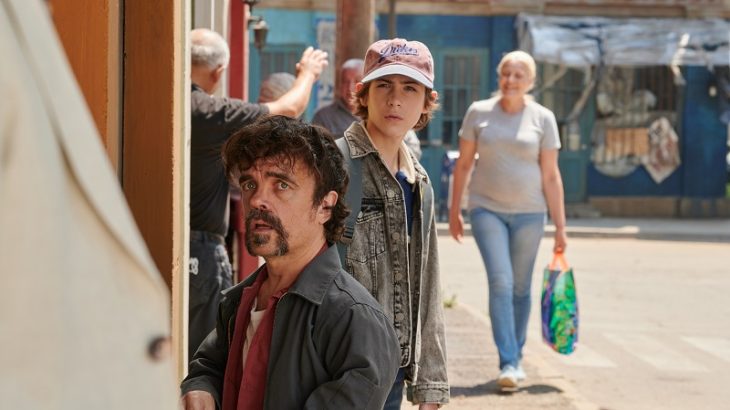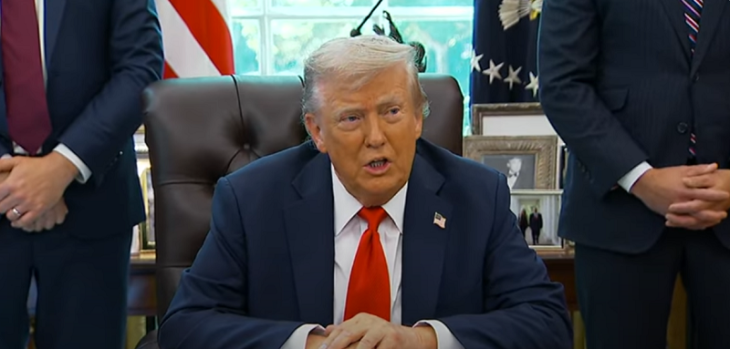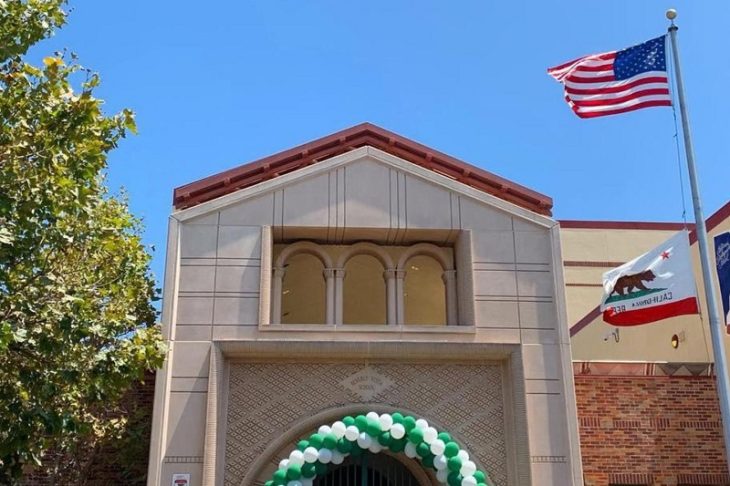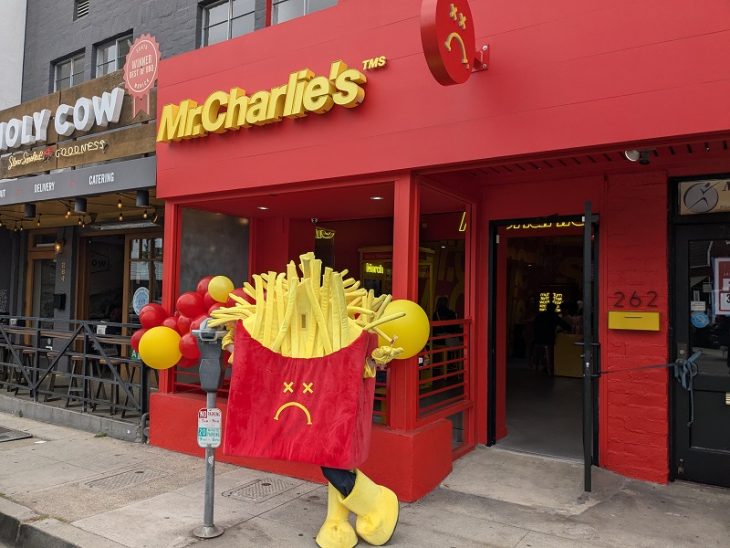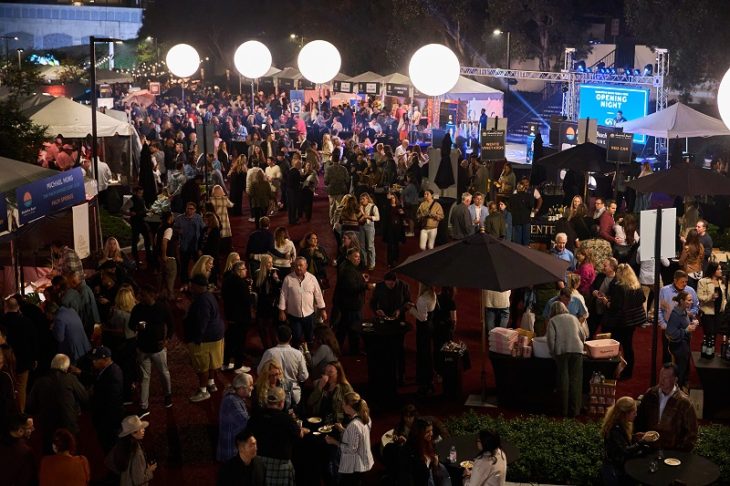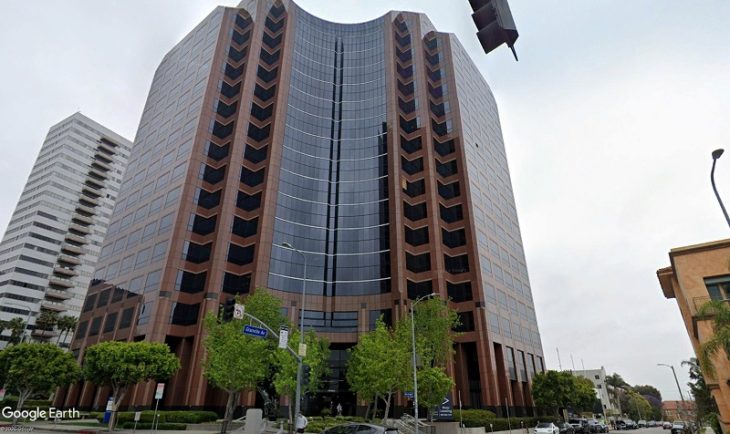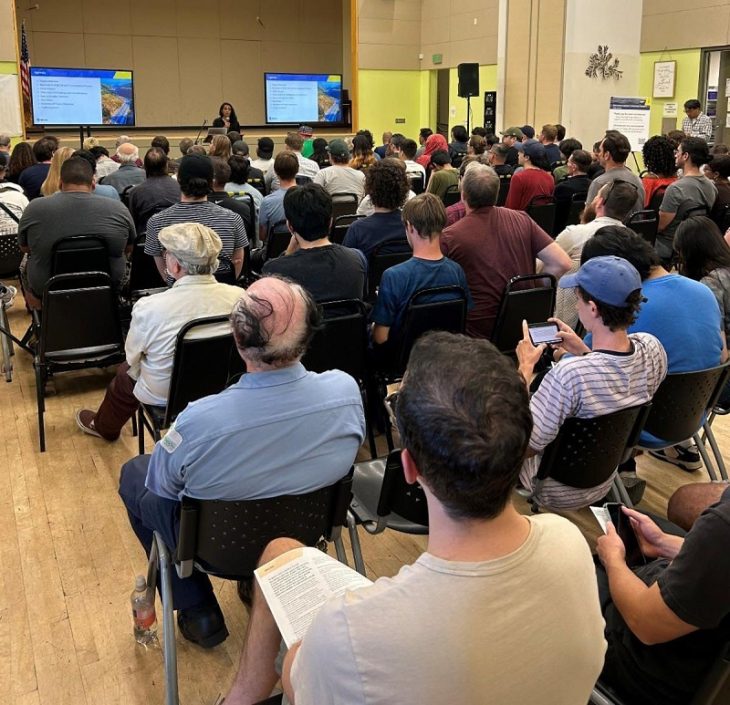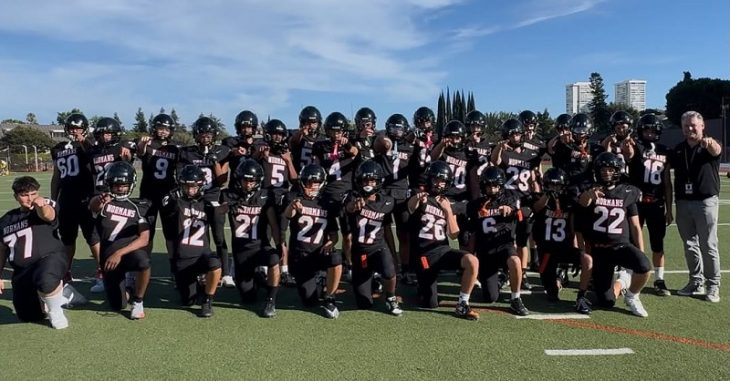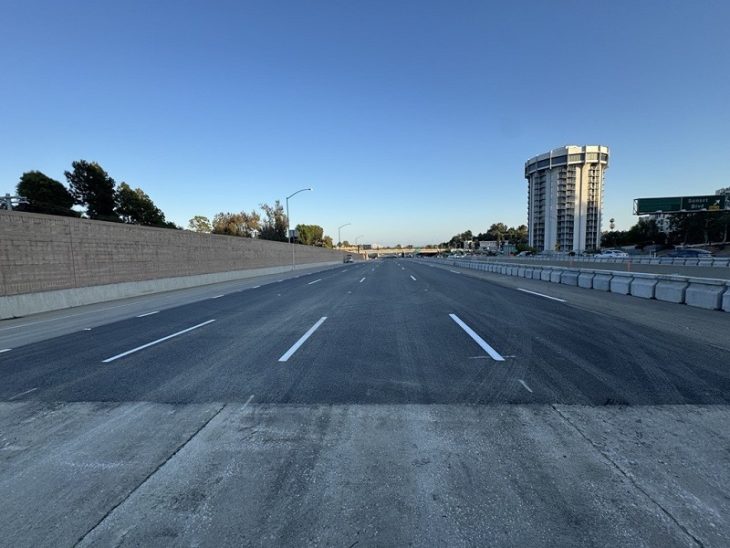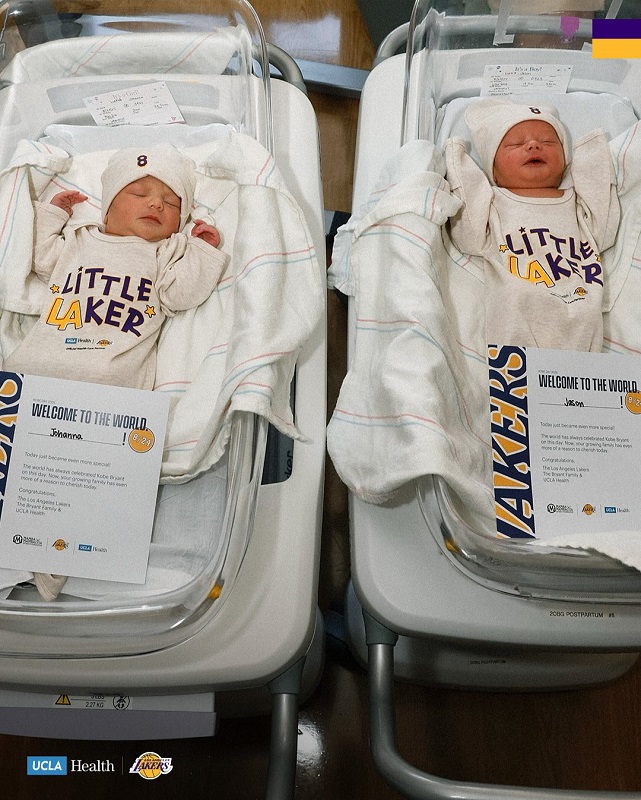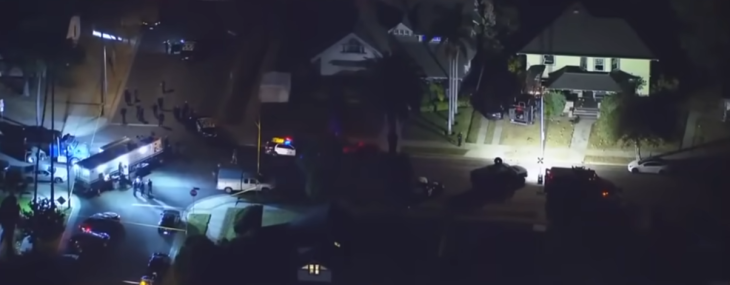Fast-food workers and their supporters will stage rallies in Los Angeles and across the country today in a continuing campaign for a $15 an hour wage and the right to unionize.
Protesters have argued at previous demonstrations that workers earn an average of $9 an hour and struggle to make ends meet.
Organizers, including the Service Employees International Union, say job actions are scheduled in about 160 cities today.
Picketers are expected to attend a pair of protests in downtown Los Angeles, then march to City Hall for a rally.
Organizers have said “rolling strikes” are expected to occur at various fast-food outlets throughout the day. Home health-care workers, security guards and retail employees are scheduled to take part in the picketing, according to the Center on Policy Initiatives in San Diego.
Picketing is expected to begin in San Diego at 6 a.m. at a McDonald’s at 5322 El Cajon Blvd. in City Heights, according to the CPI. Workers are planning a rally and march in downtown San Diego later in the morning.
Labor unions and employees in low-wage jobs have been pushing for a minimum hourly wage of $15, which has been adopted in San Francisco and Seattle. The state of California’s lowest pay rate was $8 an hour until July, when it was increased by $1.
The Los Angeles City Council is considering a proposal to raise the minimum wage in the city to $13.25 an hour by 2017, and potentially to $15.25 by 2019. A council committee has asked for an economic analysis of the proposal to be completed by February.
Fast-food workers and large numbers of their union backers also staged protests in September and May.
The International Franchise Association released a statement that accused the SEIU of a “politically motivated agenda” being implemented “under the guise of trying to help the poor.”
“These protests are just another clear example of unions attempting to generate headlines and grow union membership, which has been declining in the private-sector for decades,” said Steve Caldeira, president and CEO of the IFA, which represents fast-food restaurants, many of which are franchised.
He said the unions want to redefine the corporate-franchisee relationship, which has been unchanged for 30 years.
“What the unions don’t seem to understand, or want to accept, is that the brand company has absolutely nothing to do with setting wages, and these protests are really harming the very same workers the labor unions are claiming to help,” Caldeira said.

